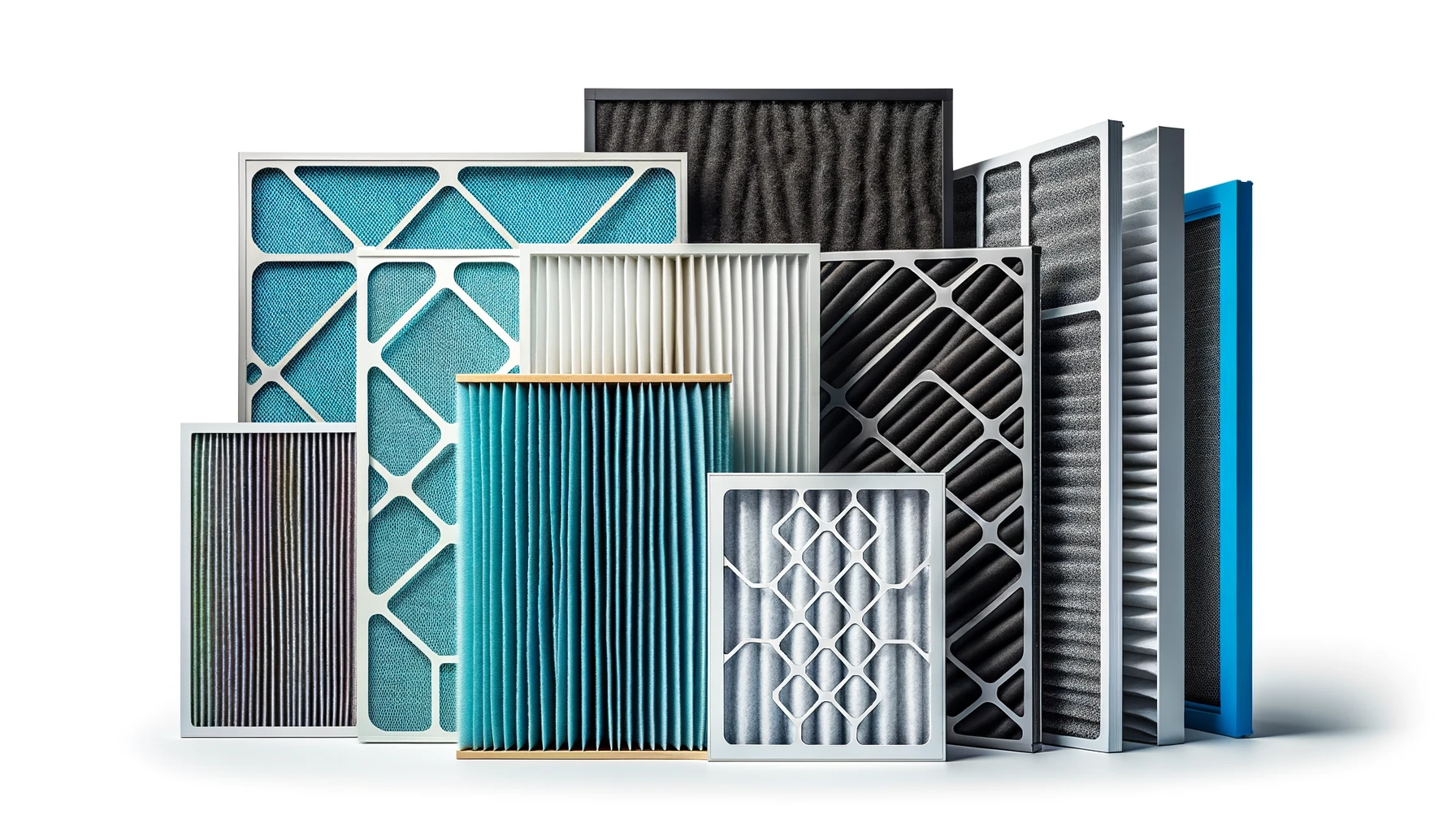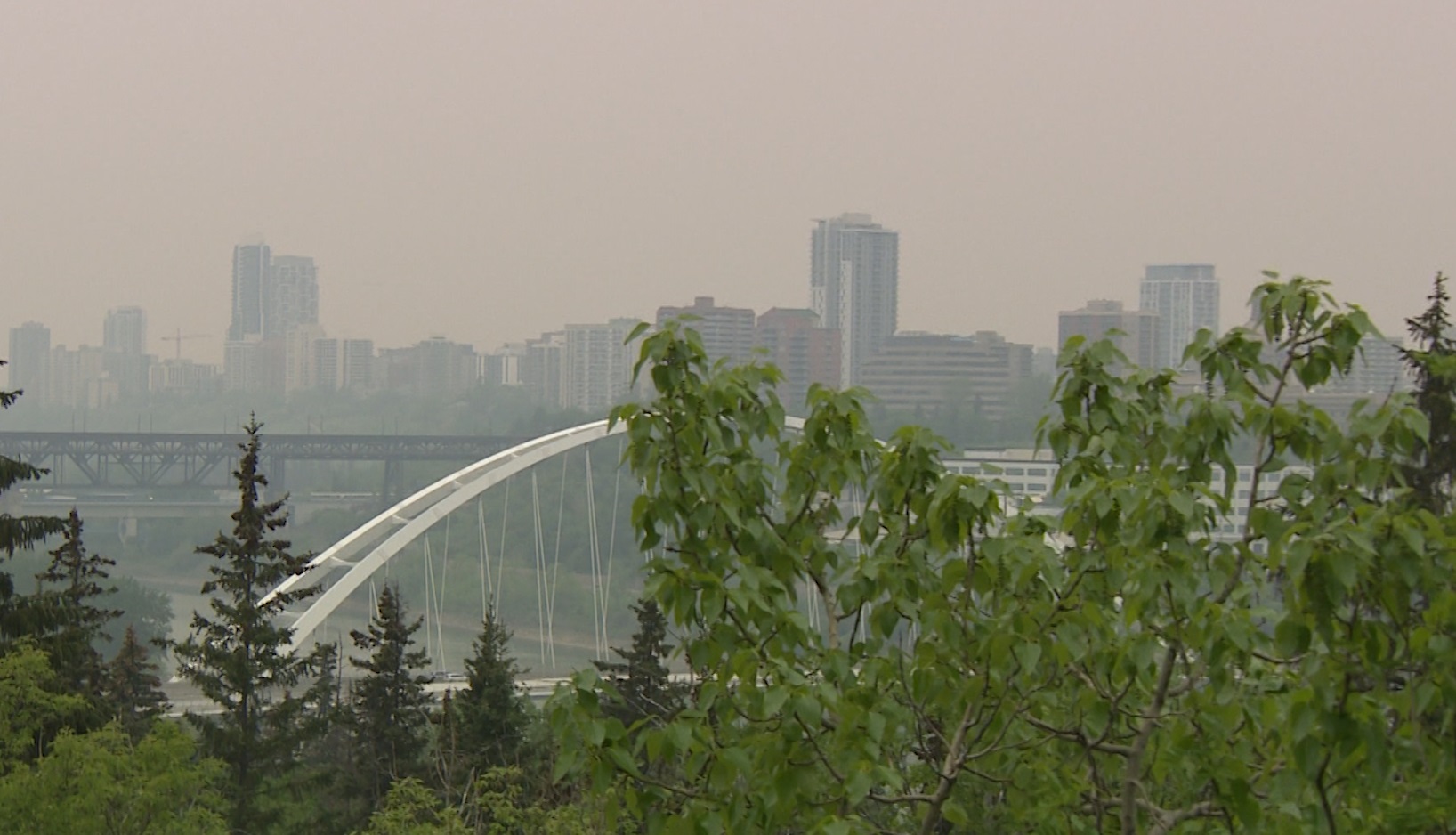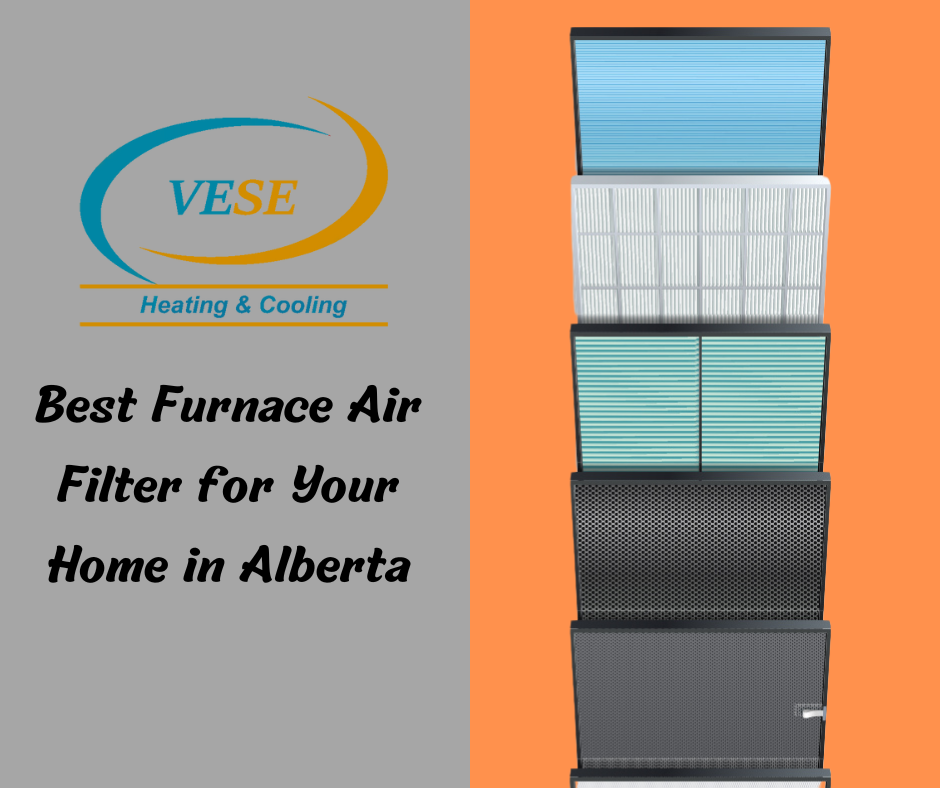The air quality in your home plays a vital role in your overall health and wellbeing in this article we discuss how to choose best furnace air filter for your home in Alberta. An effective air filtration system, starting with the right air filter, is essential for maintaining a healthy indoor environment and ensuring the longevity of your furnace and AC unit. This guide aims to demystify the process of selecting the perfect furnace air filter, ensuring your home enjoys clean, healthy air.
Essential Air Filter Terminology
Commonly referred to as furnace filters, air filters, AC filters, or HVAC filters, these crucial components may vary in name but serve the same vital function. The terminology often depends on your geographic location; for example, in colder climates like Canada, “furnace filter” is more commonly used. Filter efficiency is marked by several rating systems:
- MERV (Minimum Efficiency Reporting Value): Ratings span from 1 to 16. The typical home will use MERV 8, capable of removing the majority of contaminants and viruses. Higher MERV ratings capture ultrafine pollutants as small as 0.3 microns, ideal for alleviating asthma or allergy symptoms.
- MPR (Microparticle Performance Rating): This system measures the filter’s ability to capture particles between 0.3 to 1 micron that are not covered by MERV ratings.
- FPR (Filter Performance Rating): Similar to MERV, this scale ranges from 4 to 10 and uses a color-coded ranking to indicate efficiency in particle removal.
- HEPA (High-Efficiency Particulate Air): Equivalent to MERV 16, HEPA filters remove up to 99.97% of airborne allergens but require professional installation, making them the most effective yet costly option.

Types of Furnace Air Filters
Furnace air filters come in various types, each with specific advantages and drawbacks:
- Fiberglass Filters: Economical and common, these filters are good for trapping large particles but less effective against smaller pollutants.
- Pleated Filters: Constructed from polyester or cotton, these filters offer enhanced filtration, capturing finer particles like pollen, pet dander, and mold spores.
- Electrostatic Filters: These filters generate an electric charge to attract and trap pollutants, available in both disposable and washable options.
- Activated Carbon Filters: Best for removing odors, gases, and VOCs, these filters use adsorption but are not as effective in trapping allergens or fine particulate matter.
- UV Filters: These utilize UV light to kill microorganisms but are generally not effective in removing non-biological pollutants.
- Polyester Filters: Premium filters that are more expensive but remove up to 95% of harmful particles.
- Reusable and Washable Filters: These eco-friendly options are cost-effective over time but require regular maintenance.
- HEPA Filters: Provide the highest level of purification, particularly beneficial for those with severe allergies or respiratory conditions, though they come with a higher upfront cost.
Key Considerations for Filter Selection
Choosing the right air filter involves several factors:
- Filter Size: Correct sizing is crucial for fit and functionality. Check your HVAC manual or the current filter dimensions.
- MERV Rating: For most homes, a MERV rating of 8 to 12 is adequate, balancing efficiency with airflow.
- Air Quality: Assess both indoor factors (like pets and smoking) and outdoor air quality when choosing a filter.
- Health Needs: Select higher-rated filters if household members suffer from allergies or respiratory conditions.
- Budget: Consider both immediate costs and long-term benefits when selecting a filter.

Handling Smog and Wildfire Smoke
In areas prone to wildfire smoke, such as Alberta which experienced 299 smoke hours in Edmonton during the summer of 2023, it’s critical to choose a filter that can handle these extreme conditions. Wildfire smoke contains hazardous pollutants that pose serious health risks. During wildfire smoke we recommend using furnace air filters with a MERV rating of 13 or higher to effectively filter out smoke and fine particulate matter, safeguarding your family’s health and comfort.
Expert Advice from Vese Heating & Cooling
Selecting the ideal furnace air filter can be complex due to the variety of options and specific needs of your home. Always consult your HVAC system’s manual for technical specifications. For personalized advice tailored to your unique requirements, contact our expert team at Vese Heating & Cooling. We’re here to help you ensure that your home maintains optimal air quality year-round.

